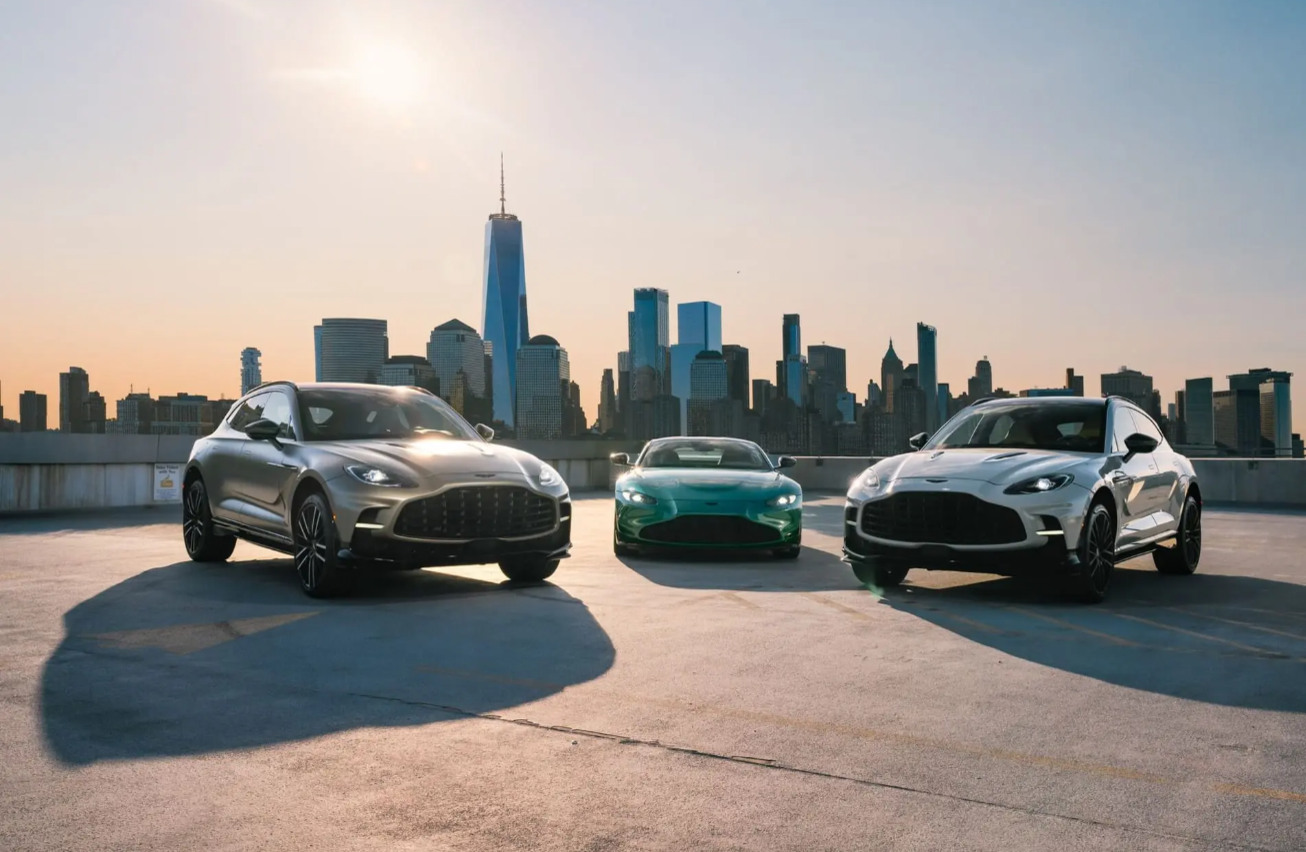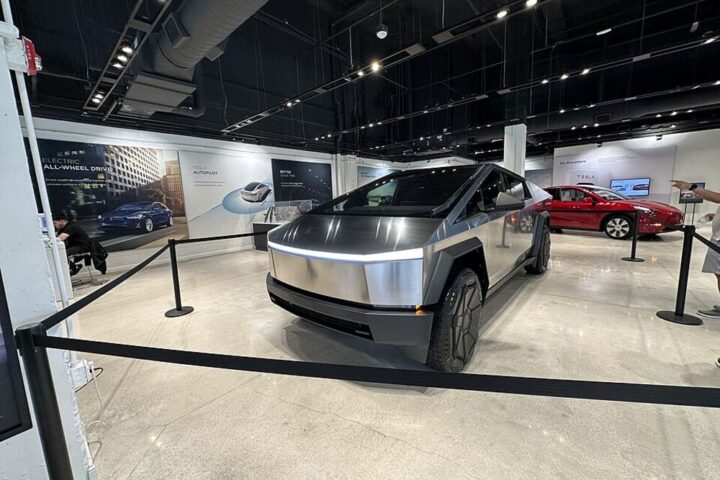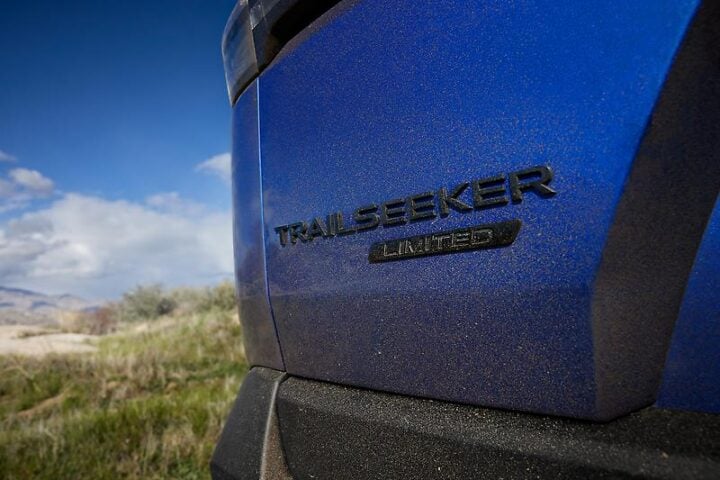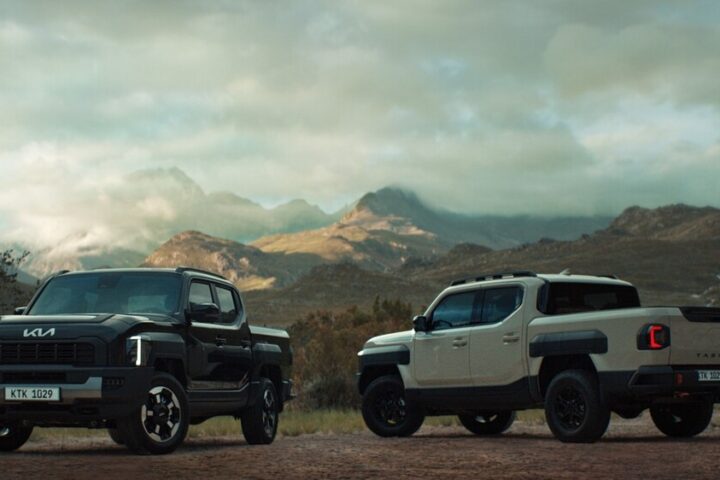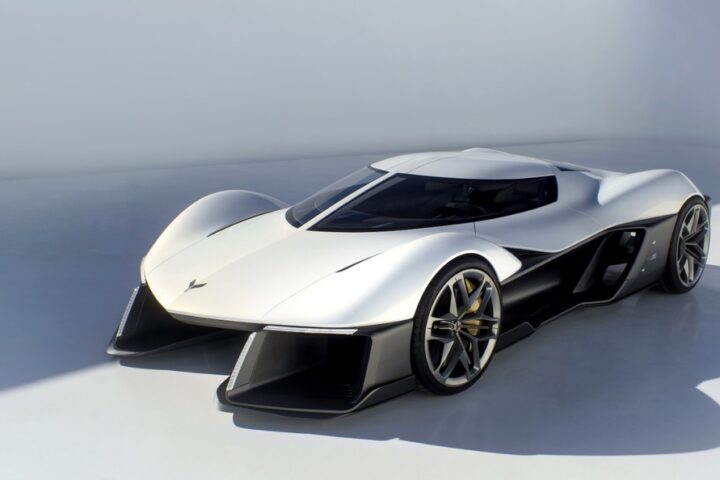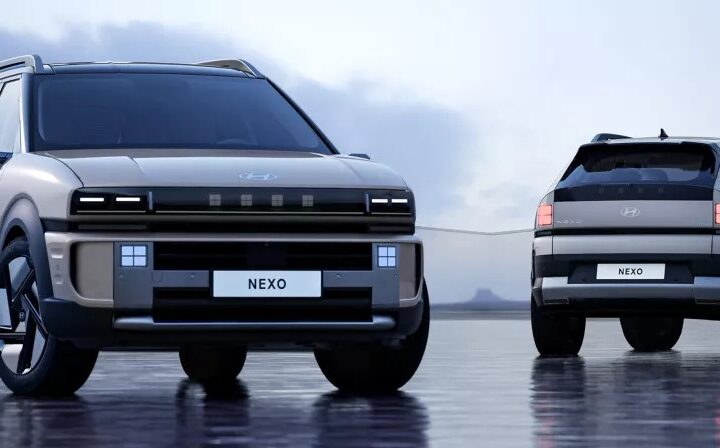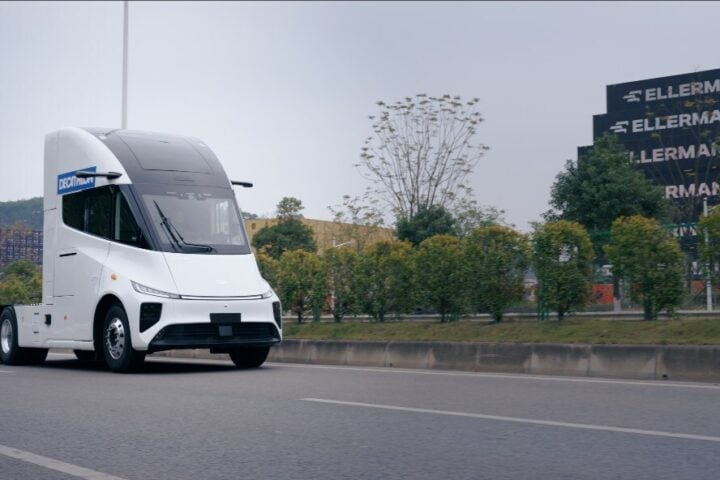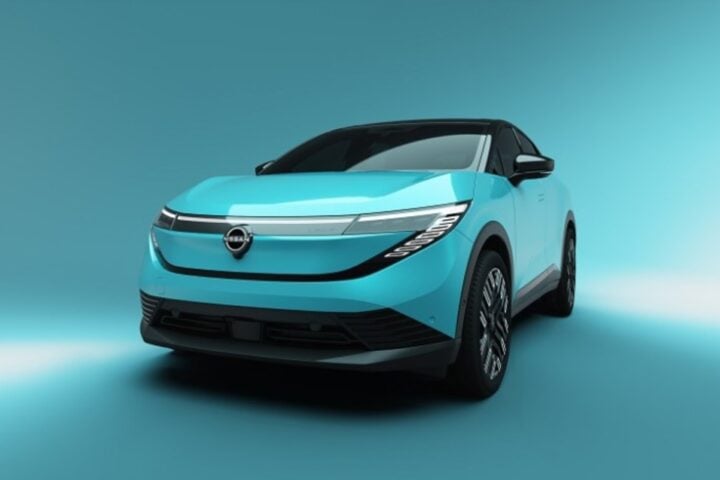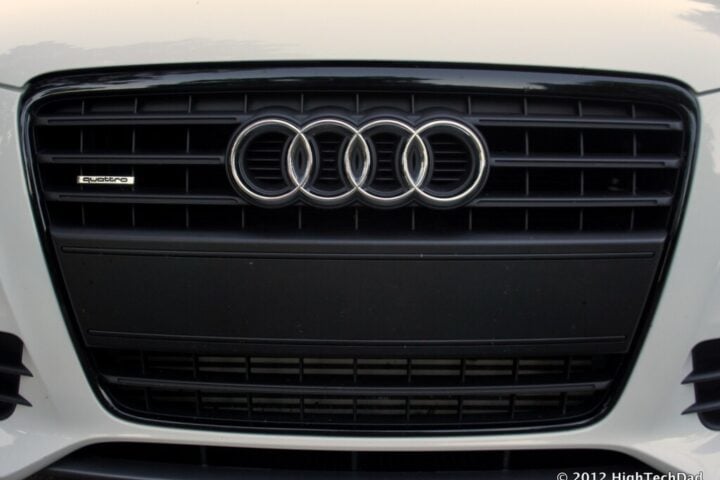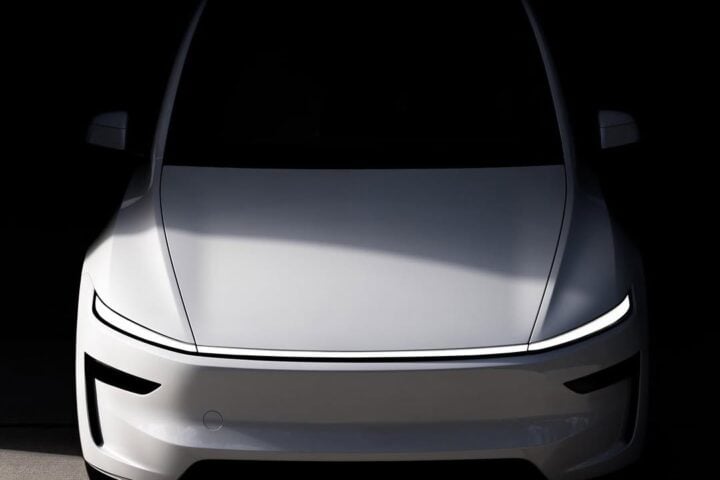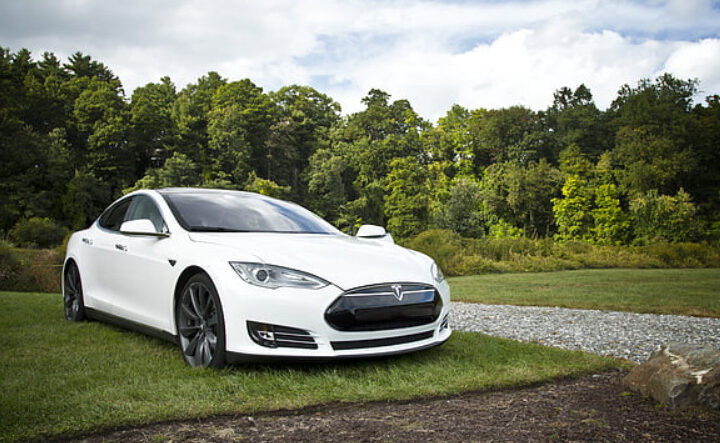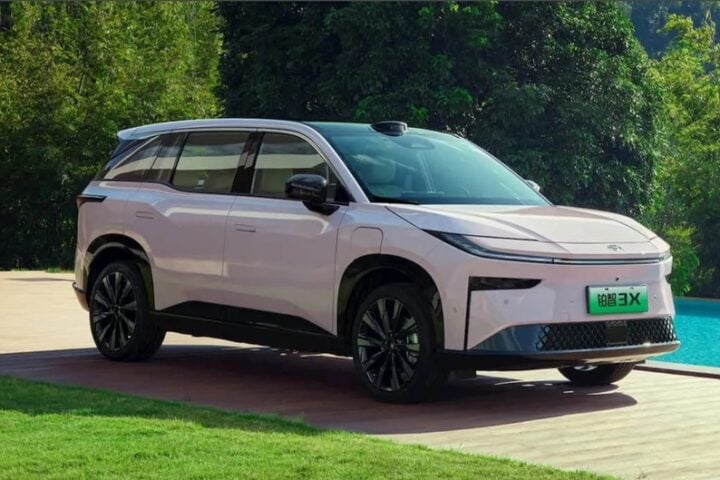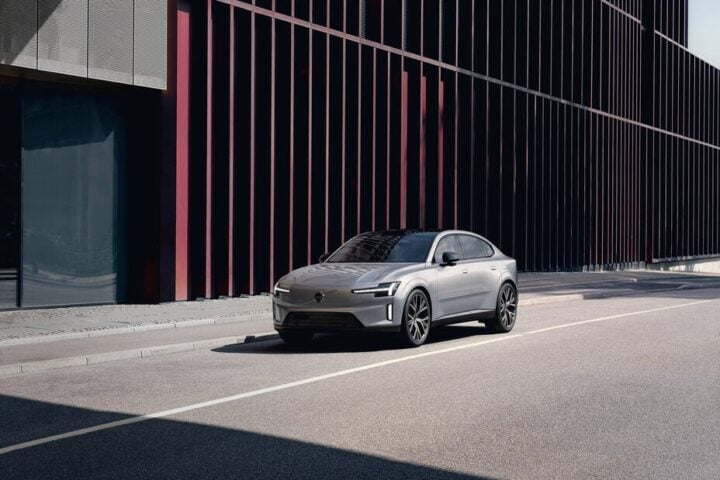The luxury sports car maker Aston Martin has pushed back its electric car launch again. The company now plans to release its first electric vehicle before 2030 – five years later than originally planned. This shift comes as more car buyers are choosing plug-in hybrids, which combine gasoline engines with electric motors.
“The path to electrification isn’t as clear-cut as three or five years ago,” says Aston Martin’s new CEO Adrian Hallmark. His comment reflects a changing car market where buyers want options that bridge the gap between traditional engines and fully electric vehicles.
The delay doesn’t mean Aston Martin is giving up on electric technology. The company has signed contracts worth over $450 million with American electric car expert Lucid Motors. This team-up gives Aston Martin access to advanced electric motors and batteries – essential parts that will power their future electric cars.
Meanwhile, Aston Martin is expanding its hybrid car lineup. Their plug-in hybrid supercar, the Valhalla, is part of this strategy. Think of hybrids as stepping stones – they offer improved fuel efficiency while keeping the familiar feel of a gasoline engine that many sports car enthusiasts love. “Petrol heads who once said they would never have a PHEV, that PHEVs are stupid, are now saying, ‘Well, if I cannot have a full petrol car, that is a great solution,'” Hallmark explains.
The numbers tell an interesting story. By 2030, Aston Martin expects 85% of their sales to come from gasoline engines and hybrids combined. Their signature V12 engine – the powerful heart of their current sports cars – will stop production around 2030, with the last ones being sold by 2028.
Similar Posts
Aston Martin hasn’t decided whether to convert an existing model to electric power or create an entirely new electric car. It’s like choosing between renovating a historic building or constructing a new one – each approach has its benefits and challenges. “For a company of our size, you have to either replace an existing nameplate and take the brave pill, or create something entirely new,” says Hallmark.

The company aims to achieve carbon neutrality between 2035 and 2040. This timeline shows how even luxury car brands are adapting to environmental concerns, but at a pace that matches their customers’ preferences and market realities.
Aston Martin’s cautious approach makes sense given their history and size. As a smaller luxury car maker, they need each new model to succeed. Their partnership with Lucid Motors means that when their electric car does arrive, it will use proven technology that can compete with established electric luxury cars like the Porsche Taycan.
